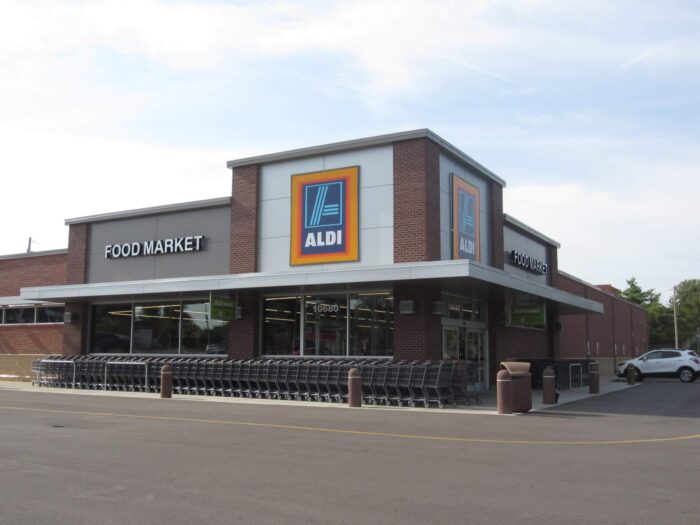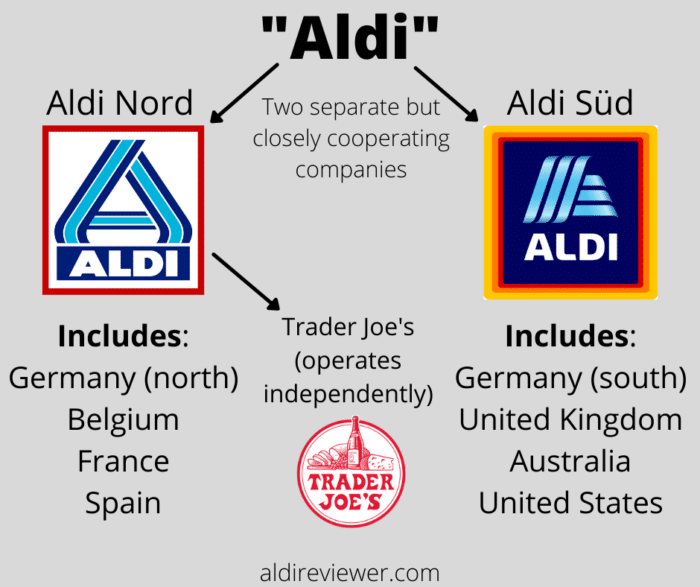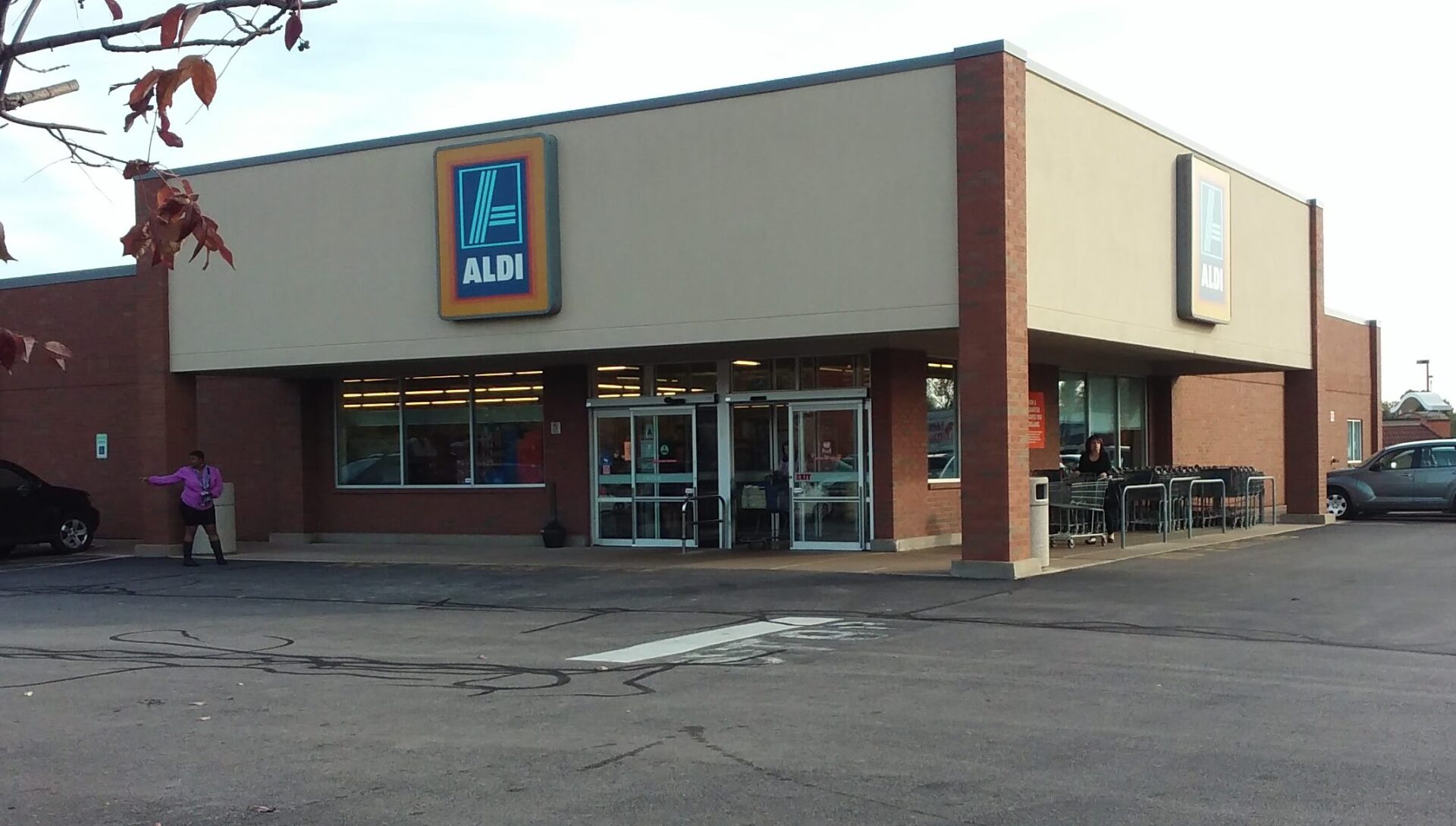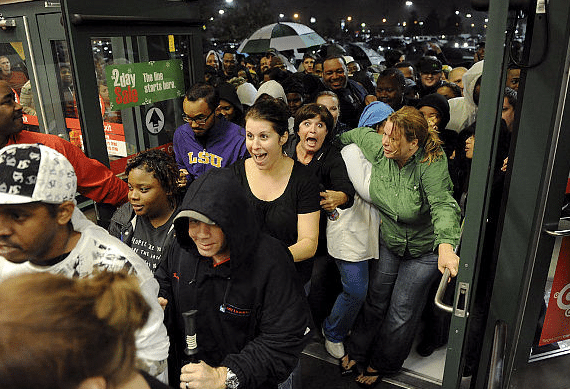Any site that deals with content writing has to think about the big things and sweat the small ones. And when you’re a site devoted primarily to covering a certain German grocer, you definitely have to think about any details that involve that store. What might be a minor detail to some people is a bigger deal to us.
Chances are, if you’ve done enough reading about that German grocer, you might have noticed that it’s not always capitalized the same way in all places. Sometimes, you’ll notice, it’s spelled entirely in uppercase, while other times it’s not.
So which is it? Is it ALDI, in all caps, or Aldi, with a capital A and the rest of the letters lowercase?
Before we answer this, a little backstory.
The German supermarket traces its roots back as early as 1913, but the modern company emerged in 1962, when the Albrecht brothers created a name out of a mashup of “Albrecht-Diskont.” (Diskont, as you would guess, is German for discount.) That would have made it more like AlDi, but of course the brothers didn’t do that, instead going with “Aldi.” They also split the company into two separate corporations, Aldi Nord and Aldi Süd, over a difference of opinion regarding cigarette sales.
Today, the two companies are related but distinct: Aldi Nord, for example, operates Trader Joe’s in the United States, while Aldi Süd operates Aldi US.
For both Nord and Süd, the historical approach has been “Aldi.” However, sometime in the 2010s, the company started stylizing itself as “ALDI” worldwide, something you can see in the main German Aldi site and in the Aldi US press releases. One could argue that it’s not unlike what Wal-Mart did when rebranded itself as Walmart.
So that means it’s ALDI, right?
Not so fast.
Most of the mainstream press still renders the company as “Aldi.” At the time of this post, ABC, CBS, NBC, Fox News, and the Wall Street Journal all count among the major U.S.-based outlets that use the non-all-caps form. In the United Kingdom, the BBC and the Guardian do the same. So does Reuters. And so does the Associated Press, whose AP style is the Bible for journalism.
There are some blogs and outlets, including a few local TV stations and newspapers, that sometimes use “ALDI,” like the grocer does. For the most part, though, “Aldi” remains the overwhelming choice among professional news media.
We tend to follow the lead of professional press, so on our site, we’ve always used “Aldi” when we’ve talked about the store from our perspective. However, things are a little different when Aldi talks about itself. For example, we once used uppercase when describing Aldi’s U.S. term for limited buys — “ALDI Finds” — but we dropped that in 2020 after determining that the press doesn’t do it that way. (Many of our pre-2020 posts still reflect the uppercase approach.)
As of now, the only time we use ALDI is if we are quoting Aldi directly. That means that, on this site, we primarily use Aldi. That is, unless a day arrives when everyone decides it’s ALDI. And then we’ll do that. Maybe.
Either way, at least we can all agree on one thing.
It’s not Aldi’s. Or ALDI’s. Because that’s just wrong.






